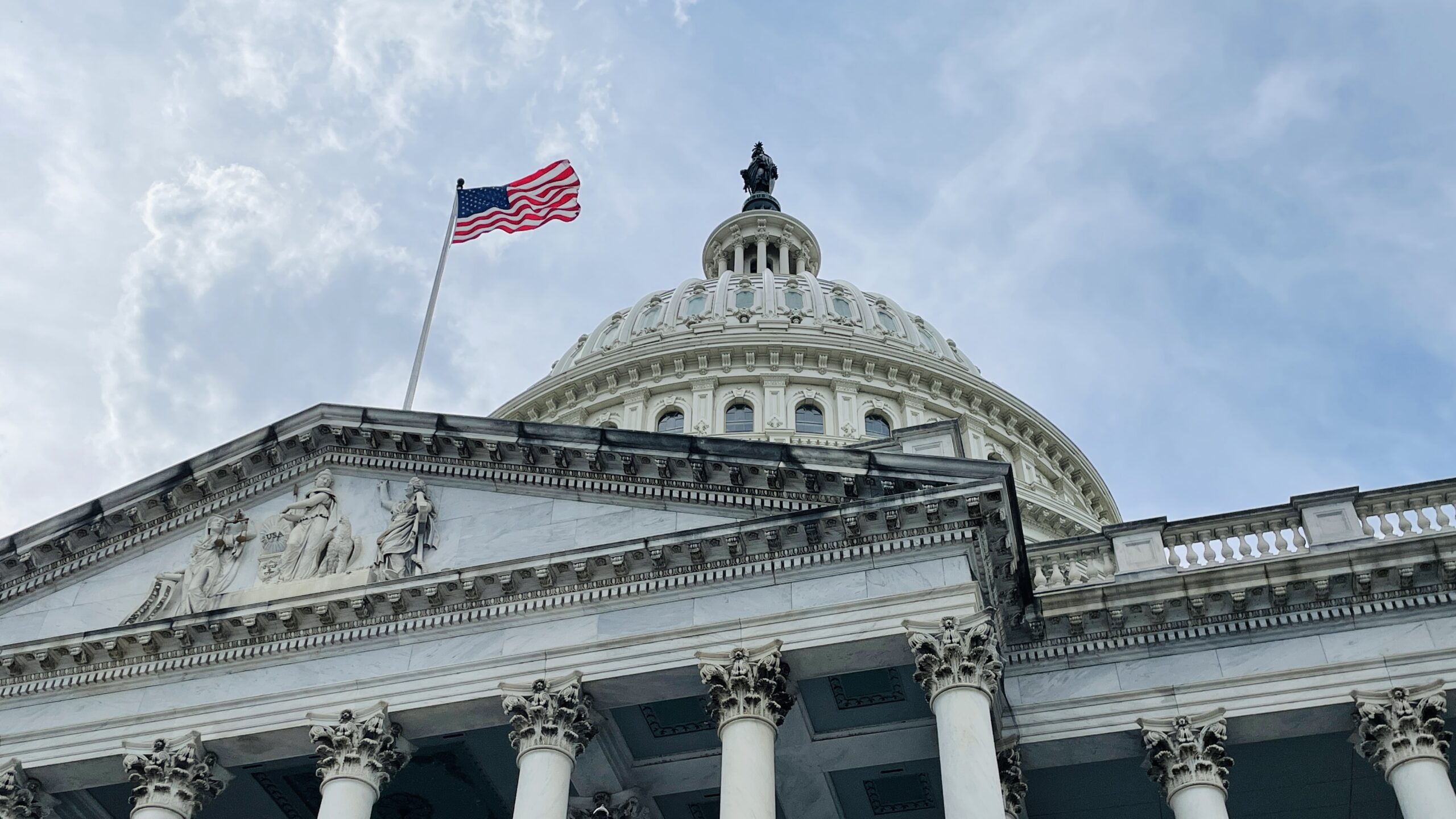When new tax legislation is passed, most industries will see some provisions that positively impact them and others that may not be as favorable. The One Big Beautiful Bill Act (OBBB) includes several provisions that benefit real estate investors and developers, along with a few offsetting changes.
One common theme in this legislation was the permanent extension and/or modification of a number of key provisions of the Tax Cuts and Jobs Act. As with any tax law, permanency simply means it doesn’t expire, and it would require a newly enacted law to make future changes to any of these provisions.
This article focuses on a few of the tax provisions that will impact real estate investors and developers, although there will likely be others that may be impactful.
100% Bonus Depreciation is Restored for 2025 and Beyond
Bonus depreciation was initially scheduled to be 40% for 2025 for assets with a depreciable life of under 20 years. The OBBB has now permanently restored 100% bonus depreciation for qualifying fixed assets placed in service after January 19, 2025. To qualify, the fixed assets must not have a binding written contract in place before this date.
Additionally, a new expensing election was created for portions of nonresidential real estate being used for qualified production activities. To qualify, construction must begin on the building after January 19, 2025, and before January 1, 2029, while it must be placed in service before January 1, 2031. It’s important to note that this benefit is not available to lessors of the property.
Qualified Opportunity Zone Program Permanently Extended and Modified
The qualified opportunity zone (QOZ) program has been extended to new investments made after December 31, 2026. Capital gains will continue to qualify for tax deferral along with up to $10,000 of ordinary income. The tax deferral will last for up to five years or when the investment is sold, whichever occurs earlier. For investments held for the full five years, a 10% basis increase (30% for rural QOZs) will be allowed to reduce the gain recognized. Similar to the original program, QOZ investments held for at least 10 years (up to 30 years) will receive a basis increase to fair market value upon sale to offset any future appreciation. The 180-day reinvestment period remains the same as the original program. Additionally, new zones will be designated as part of the program.
Although it was speculated earlier in the process, the original QOZ program remained unchanged. Qualified investments under the original program remained subject to the benefits and provisions of the Tax Cuts and Jobs Act (TCJA) and subsequently issued tax regulations.
Section 199A Deduction Permanently Extended
The TCJA had created an up to 20% deduction for qualified business income of individuals and trusts under Section 199A of the tax code to potentially reduce the tax rate on qualifying business income. This deduction was set to expire in 2026 but has now been permanently extended. Beginning in 2026, a new minimum deduction of $400 is available for taxpayers with a qualifying income of $1,000 or more. Another item of note is that REIT dividends will continue to qualify for this deduction going forward. The continuation of Section 199A preserves the reduced tax rate for qualifying real estate businesses.
Adjustment to the Interest Expense Limitation
Two significant changes were made to the interest expense limitation created by the TCJA. The legislation modifies the definition of ‘adjusted taxable income’ to be calculated before depreciation and amortization expenses. This creates a higher taxable income threshold when applying the 30% limitation to applicable entities (large taxpayers and tax shelters). Qualifying real estate businesses have the option to elect out of this limitation in exchange for slower depreciation lives on their real estate assets. This provision will likely result in fewer real estate businesses needing to make this election in the future.
A second, unfavorable change to the law addresses how to apply the limitation to capitalized interest expense. For taxpayers subject to the limitation who are required to capitalize any portion of their interest expense during a tax year, the calculated allowable interest expense will now be first applied against the interest expense being capitalized into fixed assets. This was thought to be a bit of a loophole in the original law, where interest expense being capitalized could be recovered through depreciation deductions and avoid the limitation altogether.
These changes will both apply to tax years beginning on or after December 31, 2024.
Phaseout of Certain Tax Breaks for Energy Efficient Improvements
The OBBB phases out or eliminates several existing green energy tax incentives. One of these benefits was the Energy Efficient Commercial Buildings Deduction permitted under Section 179D, which allowed for the immediate deduction of qualifying improvements to commercial buildings. This accelerated deduction has now been eliminated for buildings beginning construction after June 30, 2026.
Additionally, the New Energy Efficient Home Credit under Section 45L will be eliminated for energy-efficient homes acquired after June 30, 2026. This credit was allowed for energy-efficient homes developed or redeveloped by a contractor upon sale. The credit also applied to the development of certain energy-efficient multi-family buildings.
Although beyond the scope of this article, it is also worth noting that solar tax credits are being phased out ahead of schedule for residential and nonresidential installations.
OBBB’s Impact on the LIHTC
The OBBB made two key adjustments to the low-income housing tax credit program. First, the bill permanently increased the 9% credit allocated to each state by 12% beginning in 2026. The second change impacts the 4% credit by reducing the percentage of the project required to be financed by tax-exempt bonds from 50% to 25% beginning in 2026. To qualify for the 25% threshold, the bonds must be issued after December 31, 2025, and the building is placed-in-service after this date.
Other Relevant Provisions Not Addressed in Detail Above
- Permanent extension of the estate tax exemption
- Availability of the completed contract method to developers of high-rise condominium projects
- Ability to recognize the gain on the sale of qualifying farmland over four years
- Permanent extension of the limitation on active business losses
- Phaseout of other green energy tax incentives
- Permanent extension of the New Markets Tax Credit
Please contact your WG advisor with any questions or additional information about the information in this article.





